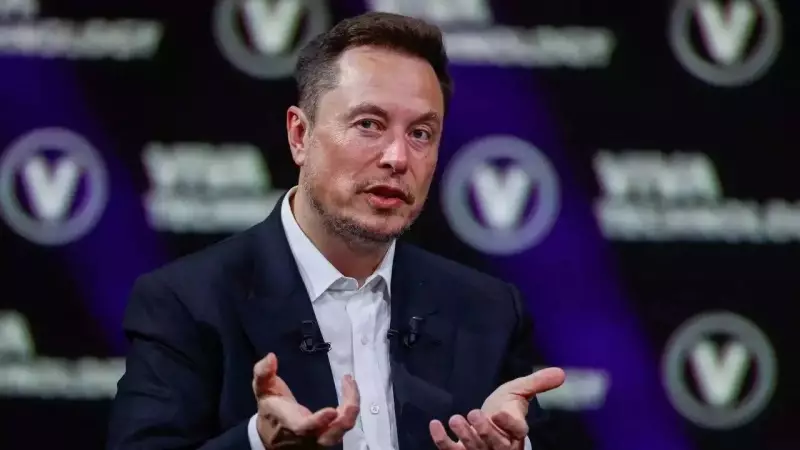
Tesla's visionary CEO Elon Musk has unleashed a fiery response against prominent advisory firms Institutional Shareholder Services (ISS) and Glass Lewis, who have recommended that shareholders reject his monumental $56 billion compensation package.
In typical Musk fashion, the billionaire entrepreneur didn't mince words, taking to his social media platform X (formerly Twitter) to express his outrage. He labeled the past recommendations from these firms as "extremely destructive" to shareholder interests, raising serious concerns about their credibility and impact on corporate America.
The Billion-Dollar Battle
The controversy centers around what could potentially become one of the largest executive compensation packages in corporate history. Musk's pay proposal, valued at approximately $56 billion, has become a lightning rod for debate about executive compensation and corporate governance standards.
Both ISS and Glass Lewis, two of the most influential proxy advisory firms globally, have advised Tesla shareholders to vote against reinstating Musk's compensation package during the upcoming June 13 annual meeting. Their opposition has triggered Musk's vehement response and set the stage for a high-stakes corporate showdown.
Musk's Defense: Performance Speaks Louder Than Words
In his defense, Musk pointed to Tesla's extraordinary performance under his leadership. The electric vehicle manufacturer has achieved:
- Record-breaking market valuation growth
- Pioneering advancements in electric vehicle technology
- Global expansion and manufacturing scale-up
- Consistent innovation in autonomous driving technology
The compensation package in question was originally approved by shareholders in 2018 but was subsequently voided by a Delaware judge earlier this year. The current vote represents Tesla's attempt to reinstate the package and demonstrate continued shareholder support for Musk's leadership.
What This Means for Tesla's Future
The outcome of this shareholder vote carries significant implications for Tesla's future direction and Musk's continued involvement with the company. Some analysts suggest that rejection of the package could impact Musk's commitment to Tesla, potentially diverting his attention to his other ventures including SpaceX, Neuralink, and xAI.
As the June 13 vote approaches, the corporate world watches closely to see whether shareholders will follow the advisory firms' recommendations or stand behind the mercurial CEO who has transformed Tesla from a niche electric car maker into a global automotive and technology powerhouse.





